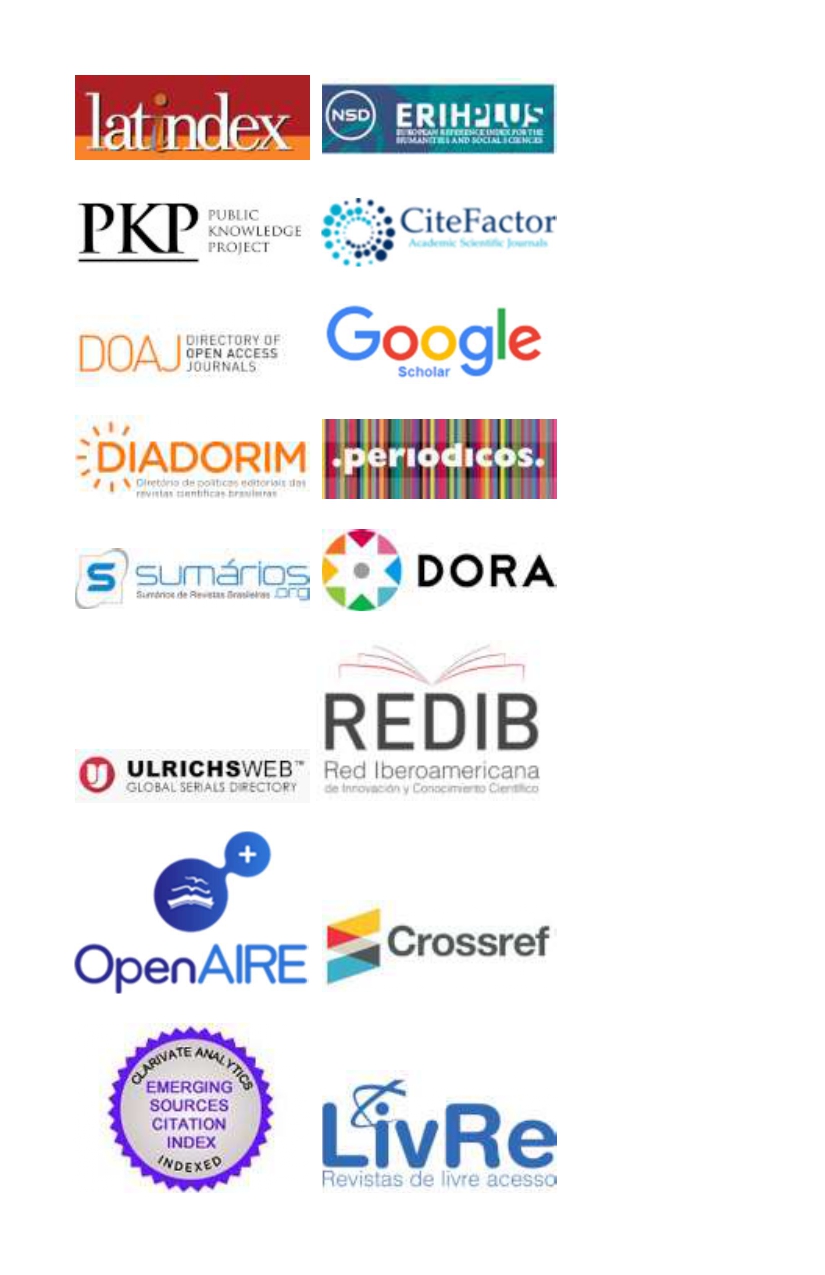"UM VOTO QUALQUER"? O PAPEL DO MINISTRO RELATOR NA DELIBERAÇÃO NO SUPREMO TRIBUNAL FEDERAL
DOI:
https://doi.org/10.21783/rei.v1i1.21Palavras-chave:
Ministro relator, Deliberação, Supremo Tribunal FederalResumo
No Supremo Tribunal Federal, o papel do ministro relator não foi ainda objeto de estudo mais detido. A percepção mais difundida é a de que o ministro relator, por ser o ministro que mais se ocupa do caso, teria papel preponderante. Estatísticas mostram que o relator costuma ser seguido na esmagadora maioria das decisões do STF. Mas, para além dos números, pouco se sabe qual é a influência do relator e de seu voto no processo de deliberação nos casos mais polêmicos, que chamam mais a atenção tanto da comunidade jurídica quanto do grande público e da imprensa. Na medida em que nesses casos - ao contrário do que ocorre normalmente - todos os ministros costumam levar seus votos prontos para a sessão de julgamento, é possível supor que o papel e o grau de influência do relator seja diferente do usual. Este artigo é parte dos resultados de uma pesquisa que pretende compreender o que os próprios ministros do STF pensam da prática deliberativa e decisória desse tribunal.Downloads
Referências
DUARTE, G.; FREIRE, D.; MARTINS, R. Revisitando o Supremo Relator: Teorias e Modelos Explicativos. V Seminário Discente do Programa de Pós-Graduação em Ciência Política, 2 de maio de 2015. São Paulo: Faculdade de Filosofia, Letras e Ciências Humanas da Universidade de São Paulo, 2015. Disponível em: <http://www.sistemas.fflch.usp.br/ocspkp/sdpscp/Vsem/paper/view/402>. Acesso em: 3 de janeiro de 2016.
GAROUPA, N.; GILI, M.; GÓMEZ-POMAR, F. Political Influence and Career Judges: An Empirical Analysis of Administrative Review by the Spanish Supreme Court. Journal of Empirical Legal Studies, Vol. 9, 4, 2012.
KRANENPOHL, U. Herr des Verfahrens oder nur Einer unter Acht? Der Einfluss des Berichterstatters in der Rechtsprechungspraxis des Bundesverfassungsgerichts. Zeitschrift für Rechtssoziologie, Vol. 30, 2, 2009.
______. Hinter dem Schleier des Beratungsgeheimnisses. Wiesbaden: VS Verlag für Sozialwissenschaften, 2010.
OLIVEIRA, F.L. de. Supremo Relator: processo decisório e mudanças na composição do STF nos governos FHC e Lula. Revista Brasileira de Ciências Sociais, Vol. 27, 80, 2012.
OLIVEIRA, F.L. de. Processo decisório no Supremo Tribunal Federal: coalizões e “panelinhas”. Revista de Sociologia e Política, Vol. 20, 44, 2012.
PELLEGRINA, L.D.; GAROUPA, N. Choosing between the government and the regions: An empirical analysis of the Italian constitutional court decisions. European Journal of Political Research, Vol. 52, 4, 2013.
POSNER, R.A. What Do Judges and Justices Maximize? (The Same Thing Everybody Else Does). Supreme Court Economic Review, Vol. 3, 1, 1993.
SILVA, V.A. da. Deciding Without Deliberating. International Journal of Constitutional Law, Vol. 11, 3, 2013.
SPRIGGS II, J.F.; MALTZMAN, F.; WAHLBECK, P.J. Bargaining on the U.S. Supreme Court: Justices’ Responses to Majority Opinion Drafts. The Journal of Politics, Vol. 61, 2, 1999.
Downloads
Publicado
Como Citar
Edição
Seção
Licença
Autores que publicam nesta revista concordam com os seguintes termos:
- Autores mantém os direitos autorais e concedem à revista o direito de primeira publicação, com o trabalho simultaneamente licenciado sob a Licença Creative Commons Attribution que permite o compartilhamento do trabalho com reconhecimento da autoria e publicação inicial nesta revista.
- Autores têm autorização para assumir contratos adicionais separadamente, para distribuição não-exclusiva da versão do trabalho publicada nesta revista (ex.: publicar em repositório institucional ou como capítulo de livro), com reconhecimento de autoria e publicação inicial nesta revista.
- Autores têm permissão e são estimulados a publicar e distribuir seu trabalho online após a publicação na revista.






